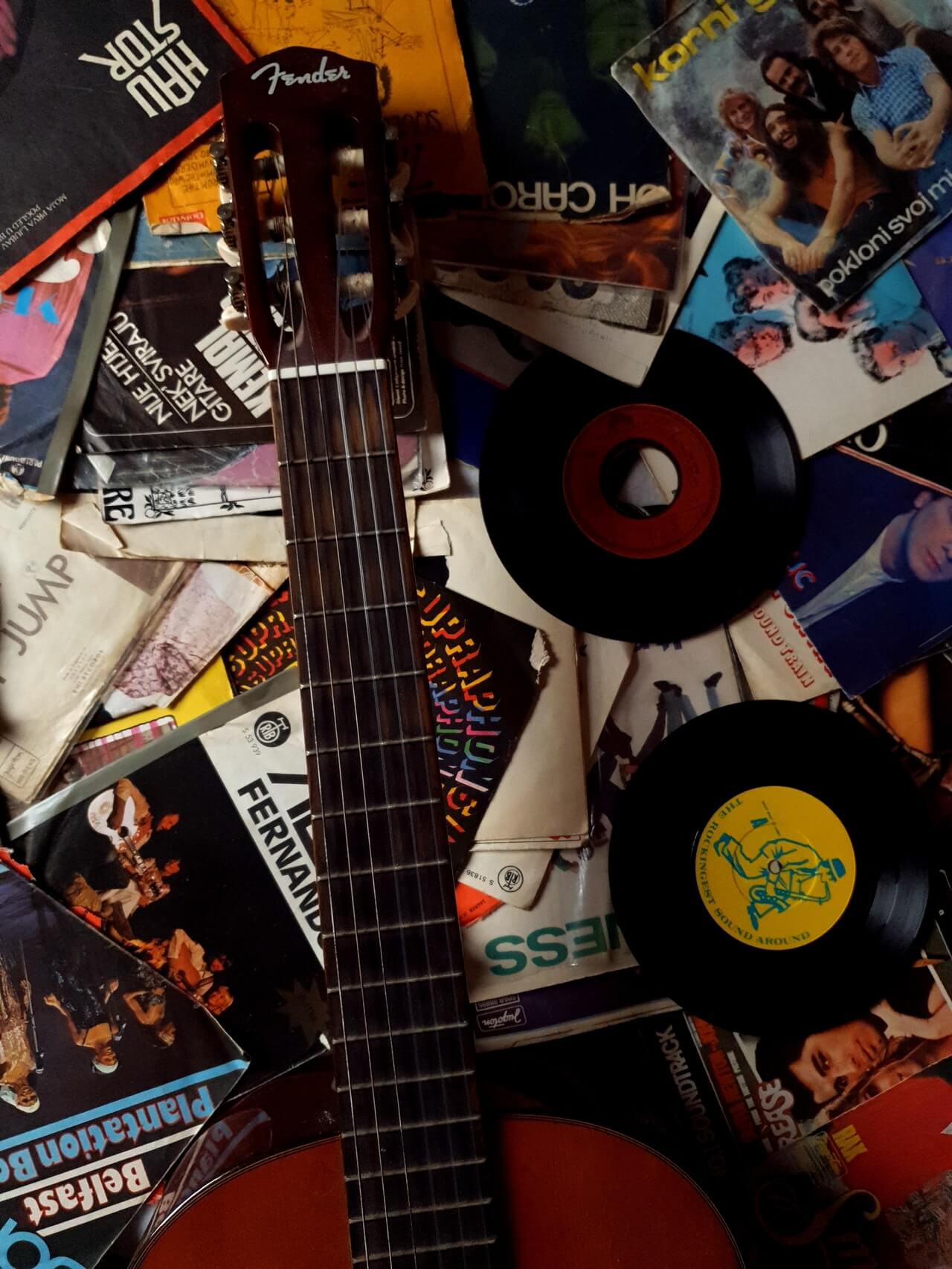It’s finally time for me to figure out what exactly to write in this column I have given myself.
I say that because in case you weren’t aware, George is me, George Fiala, who has been running this paper since I thought of it back in 2010.
I very much enjoy the groove we’ve gotten into this year, with an interesting mix of people contributing each month. Nathan and Erin were each full time reporters at one point, but since March I’ve foregone with a fulltime staff, and both have happily stayed on as contributors.
Jorge Bello has joined the news staff from the Columbia School of Journalism, also as a contributor, and is an important part of our local coverage. His article on the current state of things Gowanus in this issue is comprehensice and brings us up to date on this project that I’ve been watching since almost the beginning of Superfund.
I look forward to one day strolling alongside a Gowanus Canal walkway named after the great Gowanus visionary, Buddy Scotto, who has been such an important part of that process since the 1960’s.
I’ve grown to depend on writers such as Joe Enright, Roderick Thomas, Dante Ciampaglia, Kurt Gottschalk, Piotr Pillady, Jack Grace, Michael Fiorito, Howard Graubard, George Grella and Dario Muccilli from Italy, who have all gravitated to this monthly project of their own accord, and who actually make it possible for me to produce this interesting product.
If the Star-Revue had by now grown into the publishing sensation I’d been planning, they would all be household words by now. I’m predicting that many of them will become household words after their graduation from this fun minor-league attraction.
Anyway, I said that I had to figure out what to write. Since it’s only once a month, I have 30 days or so to figure out my topic. Which means that during a month I plot out lots of different scenarios for a column.
Originally, I wanted to start out with my monthly critique of our local City Council representative, who, in a fit of hubris, excitedly announced a run for Mayor of the whole city. This after he’s barely learned how to administer his own district after eight years of learning at our expense.
I originally thought that De Blasio would be unable to administer the whole city after his experience, which was mainly to run political campaigns, but he has actually surprised me, as things are still kind of working. Although, taking that a further step, our country is still kind of working, despite four years of completely amateurish governing from the top.
Which goes to show that institutions do actually take a long time to fail – thank God for that.
Back to Carlos Menchaca, last month I wrote that he had called me to solicity a campaign contribution, which happened to be a rare communique between us, despite the fact that I am responsible for disseminating news about his district to at least some of his constituents (that includes you).
During the course of the conversation, he told me that he wanted to continue some of the great things that he has done during his stint in city government. I eagerly responded by asking him to send me a list of those great things. He said he would do so in time for the November paper. We’re already at the December issue and I’m still waiting.
As soon as I get that list, I will faithfully report it here.
But what that means is that I can’t be writing about Menchaca for this column. So my next idea is about the newest growth industry – food pantries.
I’m constantly reading in the Red Hook Beg Borrow and Steal facebook group about the great work that certain locals are doing in funnelling free food to the needy. They are actually becoming more famous than my writers, and one of them is actually working on a project to replace Carlos Menchaca at his job.
However, I find out from Tron Retro, an ex hip-hop dancer, and marine, who staffs my other Red Hook business, that, at least in the places he patronizes, the free food is available to anyone. He’s been feeding himself for free for a good reason, mainly that as my business has shrunk since last March, I’ve had to cut his hours. But the idea that somebody like myself, who lately inherited enough money to keep this paper going, could qualify for free food strikes me as somewhat out of kilter with the kind of economic world we inhabit.
I’m thinking about all the hard working bodega owners who are probably losing business, as well as the more well healed businesses who depend on food shopping, such as our own Food Bazaar, and the multiple Key Foods around Brooklyn where you can pick up copies of the Star-Revue.
To me, a much better system would be a very enhanced Food Stamp program, which would not only keep people from starving, but provide income to all the food providers, as well as maintaining the freedom of choice for all food shoppers.
I’m actually having another writer, Brian Abate, who put together our cover story this month about some intrepid local businesspeople, work on a piece for the January issue about the actual financial workings of our enhanced food charity industry. I’m pretty curious about how the farmers get paid, for instance.
But back to food stamps, an enhanced and timely program would require our government to be operating quickly and efficiently during this times especially, and that of course is the problem.
Our government has mostly devolved into another kind of sporting event, in which one side battles the other side in a sort of gladiator type event in which the spoils go to the victor.
When I was growing up, the idea was for a political system to be defined by a consensus in which the whole society is the victor.
Of course, the problem there was in how that was defined. The fact that free, white and 21 was how ‘whole’ was defined led to a host of other problems, which is where we stand today – fifty million diverse groups who all somehow survive, but not very happily, it seems.
Our President-elect (amazing that even saying that is controversial to some), is even older than me, and I think he threw a lot of Americans for a loop when he right away said that his goal is to be the president for All Americans (not just those that voted for him).
As someone of the Progressive bent (love me I’m a Liberal), I kind of think that goes without saying, but not to a majority of the Trumpists.
To be fair, I was equally disgusted when a bunch of people who I thought were right-thinking, immediately trashed Obama for not being the radical Socialist they thought he would be when voting for him.
Of course, my own industry bears a lot of blame for the extremes of our current situation.
In the old days (even older than me), people like William Paley, who made his money from cigars, operated the news division of CBS as basically a public service. The rapacious nature of business would be tempered by his offering a news service that would offer real journalists a chance to do what they considered good in the world – exposing corruption and malfeasance while highlighting great things.
Sometime in the 1960’s, things called ‘profit centers’ became very important in business, and newsrooms became profit centers along with things such as the Beverly Hillbillys and Dynasty.
When you watch a presidential debate these days, the idea of politics as a sporting event – replete with flags and dramatic music, becomes evident.
In any case, I could go on and on, and I will next month, but I have to finish for now as my printer just called and said if I don’t get this paper in right away, forget about getting it printed for the weekend.
So I’ll have to leave you with a photo instead.
PS – thanks so much for actually reading this thing, and my sincere best wishes for a great holiday in spite of and maybe even because of, the ridiculous year we have all just experienced.
Maybe things will get back to normal in 2021 and the Knicks might even field a contender!
Author
-
Founder and editor of the Red Hook Star-Revue. George is also a musician and one-time progressive rock disk jockey, in York, Pennsylvania, also birthplace of Mrs. Don Imus.
View all posts
Founder and editor of the Red Hook Star-Revue. George is also a musician and one-time progressive rock disk jockey, in York, Pennsylvania, also birthplace of Mrs. Don Imus.










6 Comments
Bravo George. We love being a part of the paper! Thank you for all you do! And thanks to all my fellow writers. Looking forward to 2021.
With all the mentions of journalists and articles, this article should have links to said articles.
If you navigate to the full website (star-revue.com) you will see a place to read the complete paper, and that’s where you will see all the stories.
It’s funny, a newsman wanting things to get back to normal. Then again, what is normal? There is no normal; there never was normal. Let’s hope it is a good coming year.
Curious about George’s food stamp thing given this COVID10 economy. With staggering city unemployment and so many behind on rents and all this about to blowup without a federal relief packages with relief for people that would allow for food and housing through the pandemic, who is ok with just an expanded food-stamp program? We want people to have food stamps in their pockets when they are put out of their homes, the places where they cook affordable meals?
I wish I has such optimism that the our existence government institutions alone will get everyone through this, whole. They didn’t do so in 2008 by any measure.
Yes, that’s true – homeless (although having a home should be a human right) need soup kitchens. But there are many people, either working poor, or unemployed, who are now found at food pantries. Those people should have expedited access to as expanded food stamp benefits. And yes, the point is that government can, and should, be completely capable of operating at least as well as private businesses and charities. One of the big problems in government was exacerbated when Ronald Reagan told Americans that government was the problem.